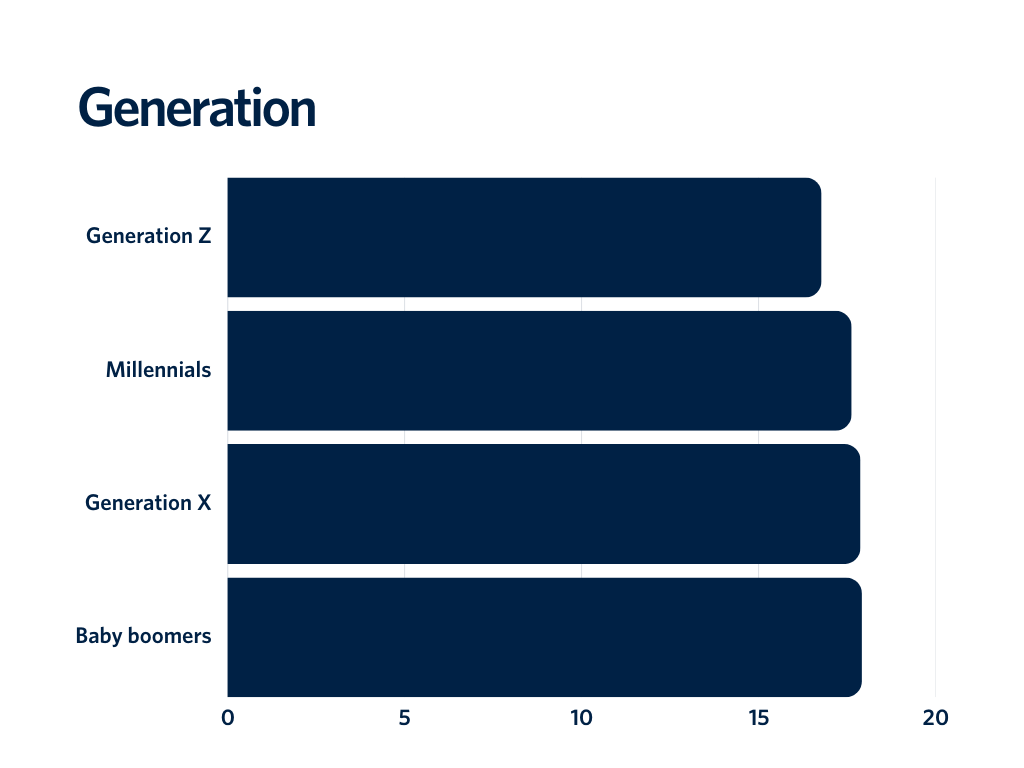Who Is Most Likely To Fall For Fake News?
A global study of more than 66,000 participants has revealed which groups of people are most susceptible to misinformation.
Study participants assessed news headlines and tried to judge whether they were real or fake. On average, people had a harder time distinguishing between real and fake if they were:
However, some groups were more self-aware than others about their shortcomings in spotting misinformation.
"No matter who you are, no matter what you think you know, none of us is immune to misinformation," said Dr. Friedrich Götz, assistant professor of psychology at the University of B.C. and the study's senior author. "People should realize that all of us are exposed to misinformation on a regular basis, and all of us are likely to fall for it at some point."
The global spread of misinformation poses a threat to democracy, which depends on a well-informed public. The new research by first authors Hyunjin Koo of UBC and Yara Kyrychenko of University of Cambridge, published Friday in Personality and Individual Differences , underscores the importance of understanding who is most at risk in order to develop effective strategies for counteracting fake news.
The researchers wanted to understand two key things:
They used a test called the Misinformation Susceptibility Test (MIST), which has been rigorously validated by psychologists and is available online for free. It provides a mix of news headlines for participants to decide which are genuine. Sample headlines include:
By comparing how well participants performed on the test with how confident they felt about their abilities, the researchers learned where the gaps are between actual ability and self-assessment.
It's commonly believed that young people's heightened exposure to digital environments gives them superior digital literacy. Generation Z's performance did not reflect this, but they were quite accurate in predicting their poor performance.
"There's still this widespread misconception that digital natives are better at navigating these environments," said Dr. Götz. "That has been debunked in the academic world for quite a few years, but I don't think it has translated into public consciousness."
People with more conservative political views were more likely to believe misinformation. Scores were lowest on the most conservative end of the political spectrum. Conservatives were fairly accurate in judging their ability to spot misinformation, but this was less true for those with extreme viewpoints.
Women, over a large sample, were slightly more likely than men to fall for misinformation. However, they were better than men at accurately judging their abilities.
Finally, people who had been to university or had higher degrees outperformed those with a high school diploma or less. However, folks with more education overestimated their ability to spot misinformation.
The work of Dr. Götz and his team could lead to better-informed policies and educational programs for reducing misinformation susceptibility-but only if this is a priority for governments.
"My sense is that not all democracies right now are really trying to address this problem. Worse yet, in the polarized world we live in, some actors, including politicians, may deliberately weaponize it," said Dr. Götz. "But if a government acts in good faith and wants to solve this problem in society, then I think they could use this study to raise awareness and move to more intervention-based research."
Interview language(s): English, German (Götz), Korean (Koo)
https://news.ubc.ca/2025/04/misinformation-susceptibility-who-falls-for-fake-news/
View Original | AusPol.co Disclaimer
